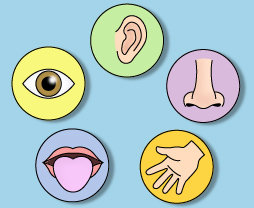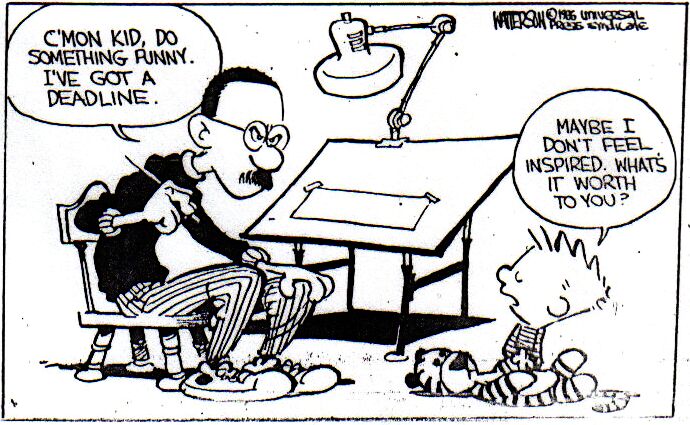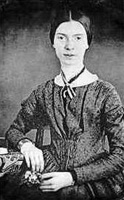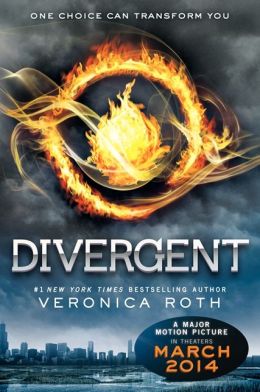
This week's review book is Perfume: The Story of a Murderer by Patrick Suskind, published in 1985.
Our protagonist is a man of repulsive origins who is unique in that he has no scent of his own, and he is masterful at detecting the scents around him. He usually finds no pleasure or displeasure in odors, but one day he smells the perfect fragrance, wafting from a young girl. In his effort to preserve the smell, he kills her. After this episode, he makes it his life's work to recreate it, so that he may enjoy a smell again.
Unique, right? I don't think I've ever read anything quite like it. It's creative, compelling, and very well-written.
It was originally written in German. I can't help but feel like, when something was originally written in a language other than the one I'm reading it in, I'm missing something. Especially when that original language is German; they have a precise, descriptive word for everything! But I only felt that way because I had this outside knowledge; reading it without knowing that, you'd never be able to tell.
I think what I really like about this book is that Suskind turns a critical eye toward humankind. Grenouille (the protagonist, and yes, his name means "frog" in French) is like an outsider to humanity, and because he is in this position, he can comment on things that seem natural to us simply because we are people.
There is a movie based off Perfume, and while I liked the movie, I don't suggest seeing it before you read the book. Suskind is a very good writer. He is very good at describing smells, which is a big deal. He basically has to use words to make you understand the intense smells that Grenouille smells on a daily basis.
Suskind also was amazing at inserting French history into the novel. I got a sense of exactly what was going on in the country and everything that was effecting Grenouille in the place that he lived. That's a hard thing to do. Hugo, a great story teller, but horrible when it comes to writing about times in French history, didn't do it nearly as seamlessly. It's hard not to burden the book down with the French politics.
Odors have a power of persuasion stronger than words, appearances, emotion or will. The persuasive power of an odor cannot be fended off, it enters into us like breath into our lungs, it fills us up, imbues us totally. There is no remedy for it.
I like the idea that people can be controlled by smell. Smell is often considered the sense most attached to memory, so it's not hard to make the jump that you could control someone with scent. If you can mimic a sent that stirs positive feelings in a person, they're all the more likely to view you as harmless. Suskind really builds on this. Grenouille is often experimenting with how certain smells effect people.
The only thing that really killed it for me, was that I knew the climax of the book and I think it would have been much better if I hadn't. The end of the book, I think, would have been much more powerful, much more intense, if I hadn't known it was going to happen.
My Bottom Line 4 out of 5
There is a movie based off Perfume, and while I liked the movie, I don't suggest seeing it before you read the book. Suskind is a very good writer. He is very good at describing smells, which is a big deal. He basically has to use words to make you understand the intense smells that Grenouille smells on a daily basis.
Suskind also was amazing at inserting French history into the novel. I got a sense of exactly what was going on in the country and everything that was effecting Grenouille in the place that he lived. That's a hard thing to do. Hugo, a great story teller, but horrible when it comes to writing about times in French history, didn't do it nearly as seamlessly. It's hard not to burden the book down with the French politics.
Odors have a power of persuasion stronger than words, appearances, emotion or will. The persuasive power of an odor cannot be fended off, it enters into us like breath into our lungs, it fills us up, imbues us totally. There is no remedy for it.
I like the idea that people can be controlled by smell. Smell is often considered the sense most attached to memory, so it's not hard to make the jump that you could control someone with scent. If you can mimic a sent that stirs positive feelings in a person, they're all the more likely to view you as harmless. Suskind really builds on this. Grenouille is often experimenting with how certain smells effect people.
The only thing that really killed it for me, was that I knew the climax of the book and I think it would have been much better if I hadn't. The end of the book, I think, would have been much more powerful, much more intense, if I hadn't known it was going to happen.
My Bottom Line 4 out of 5















